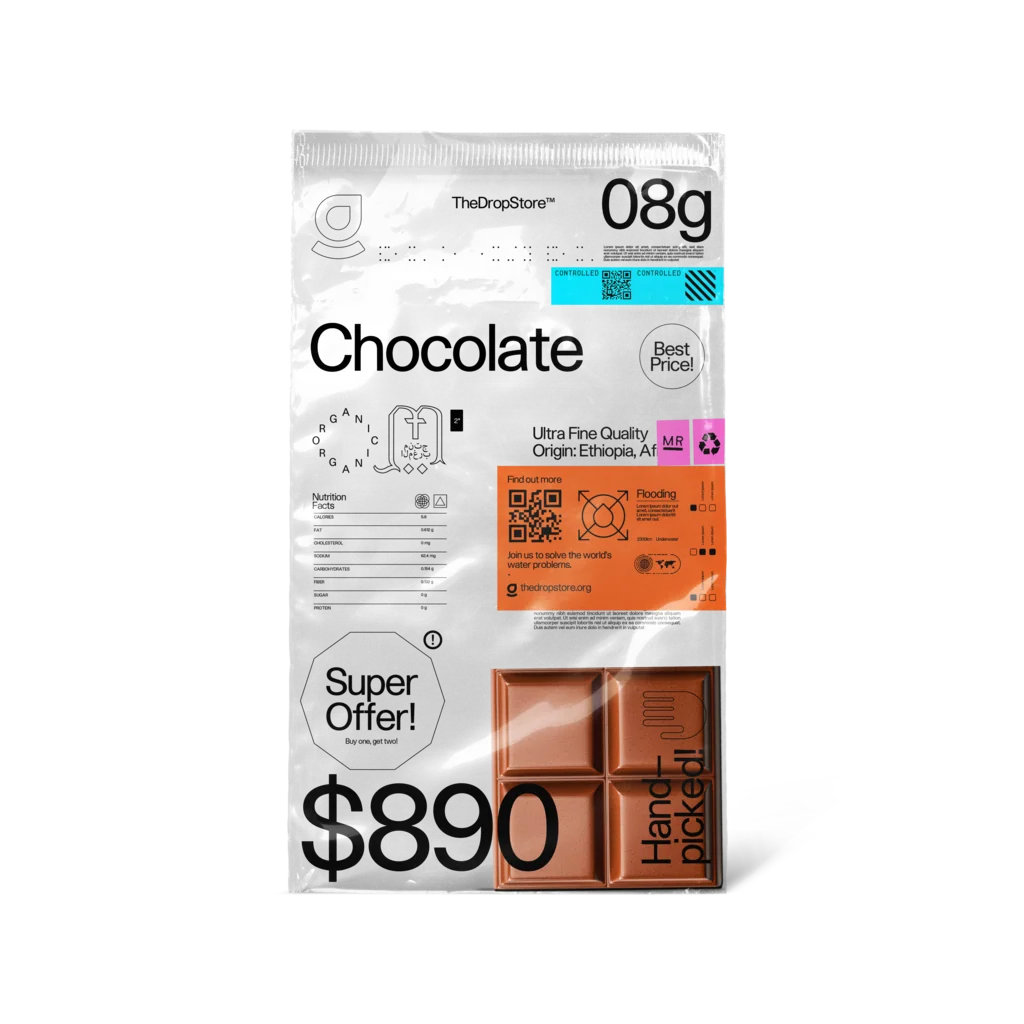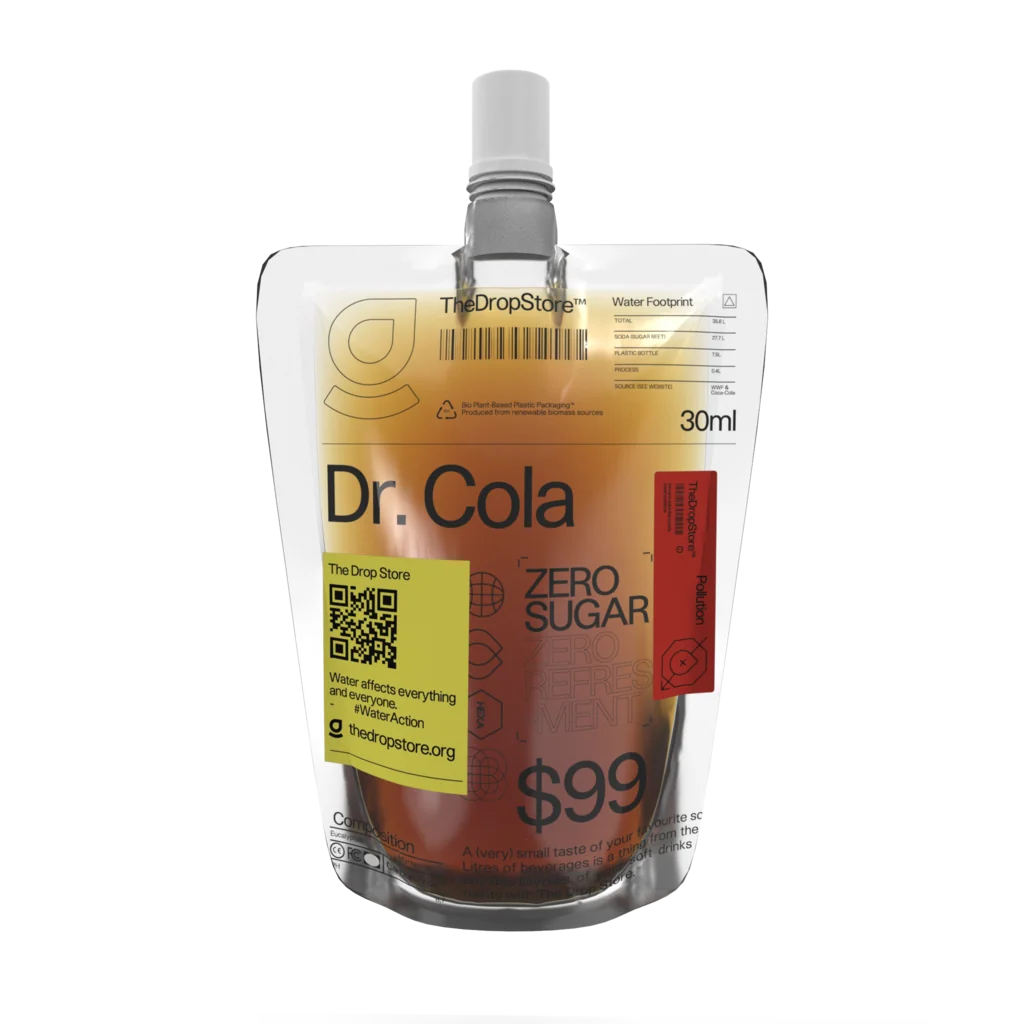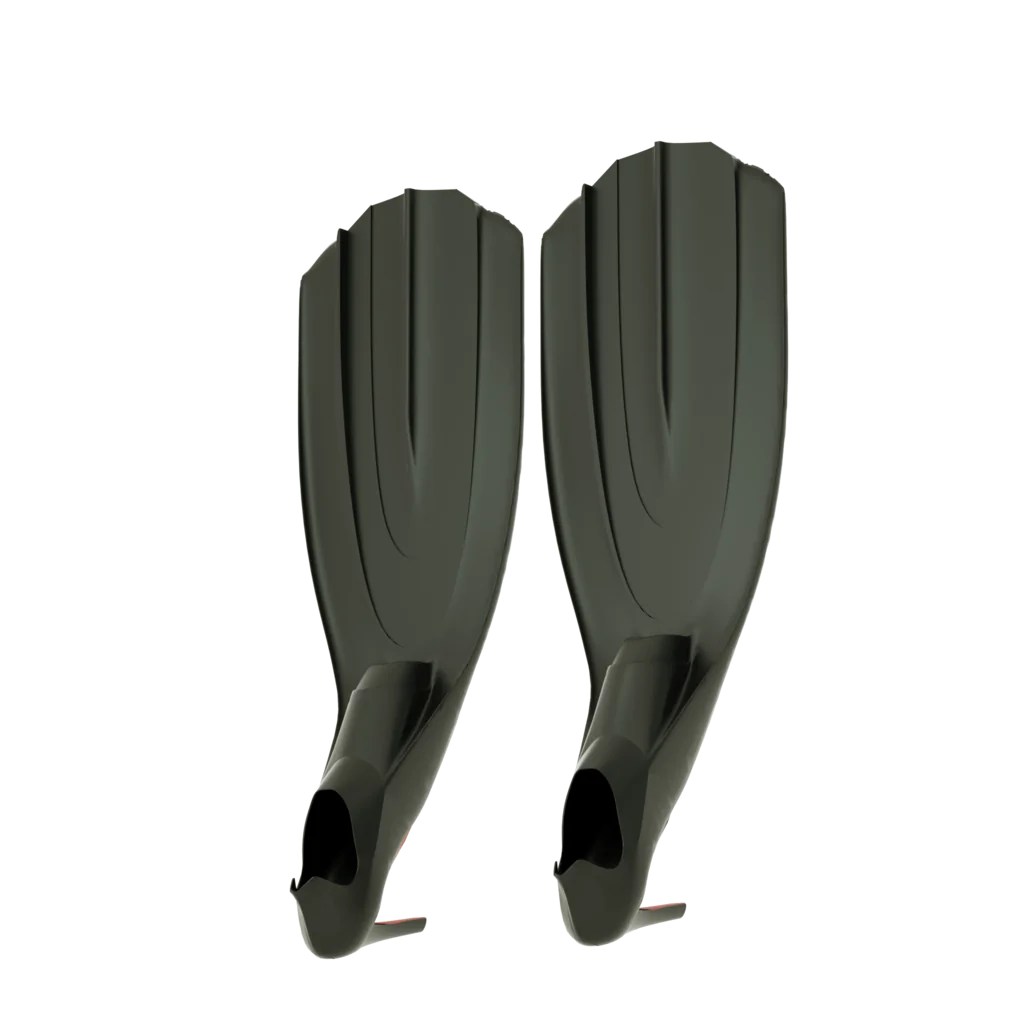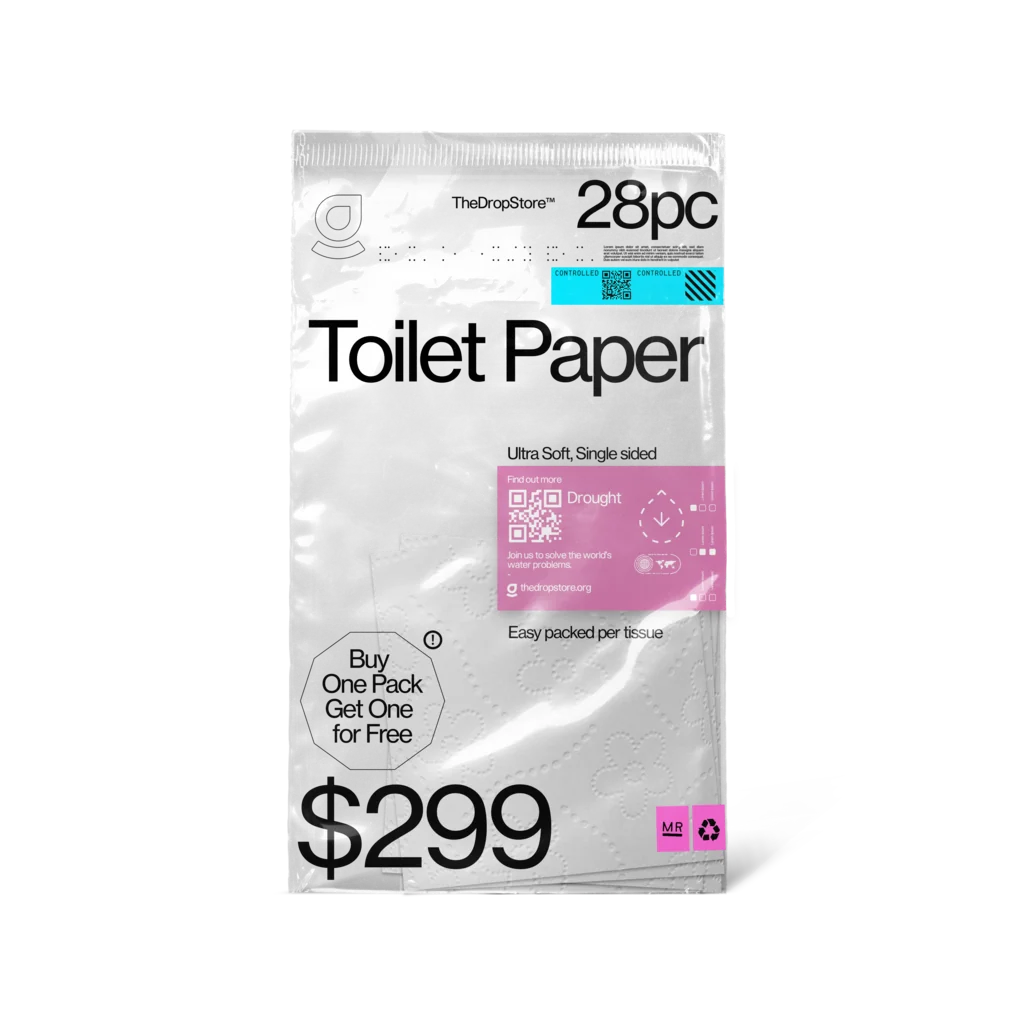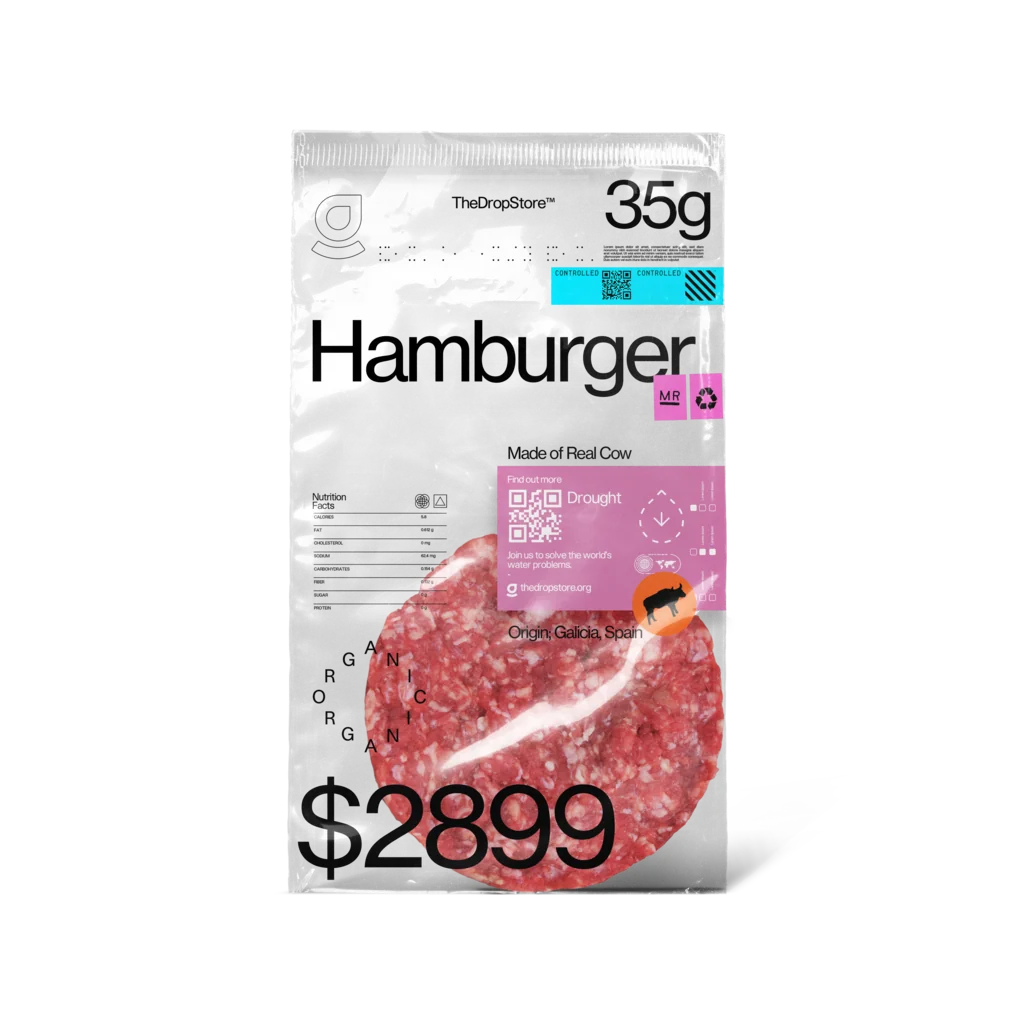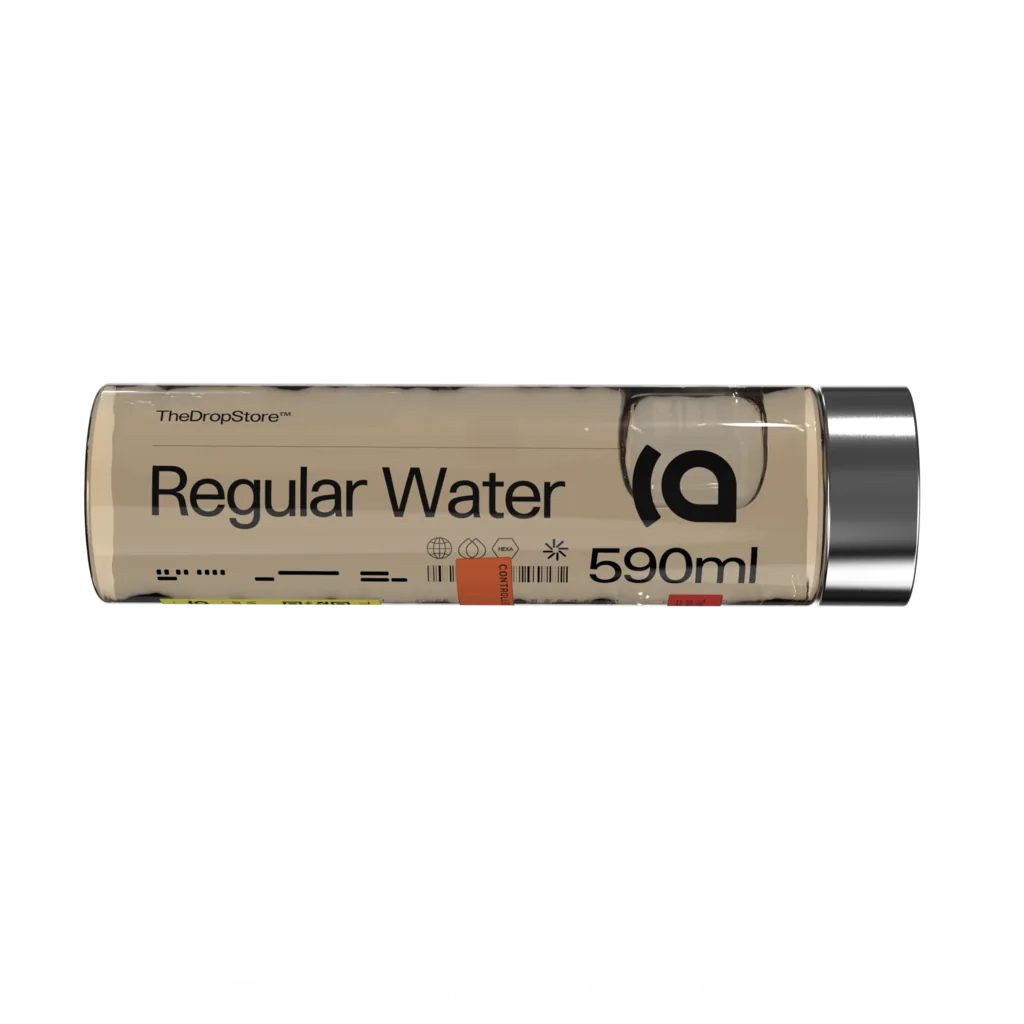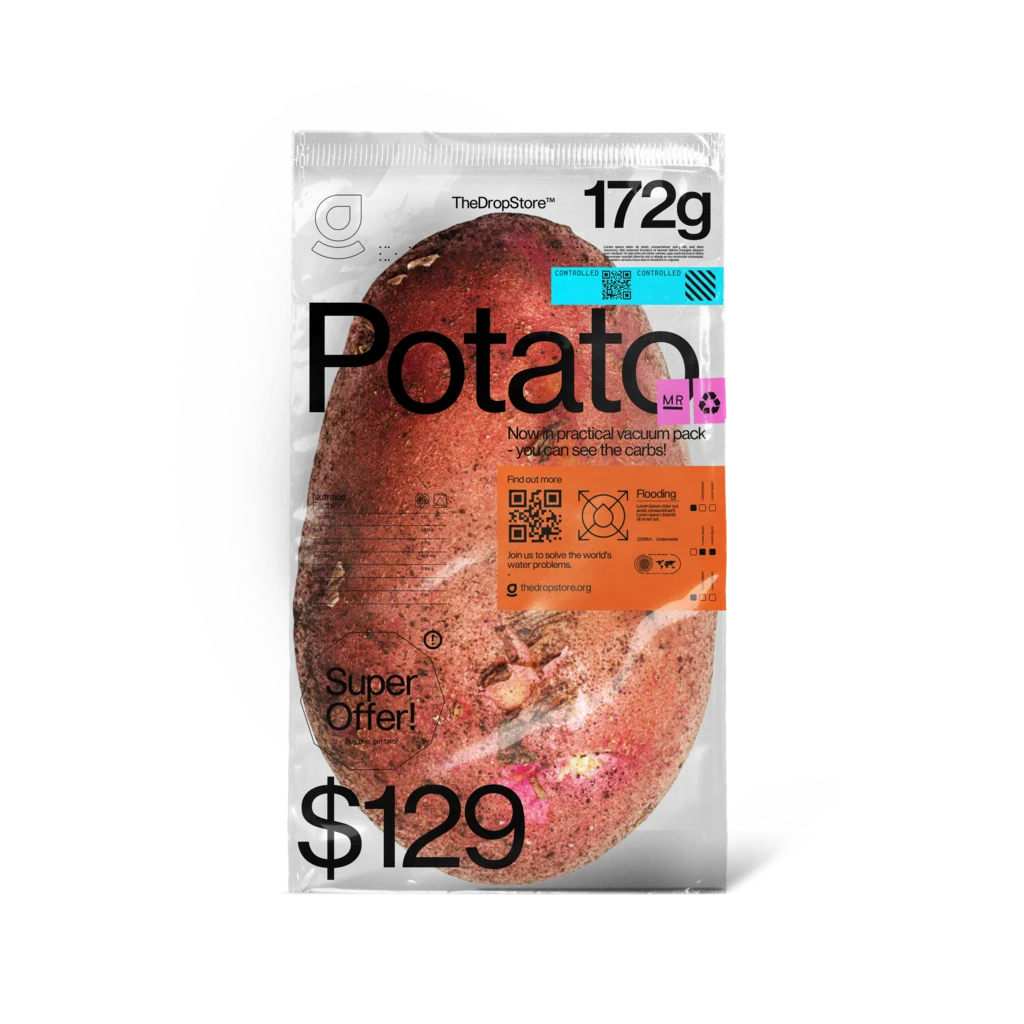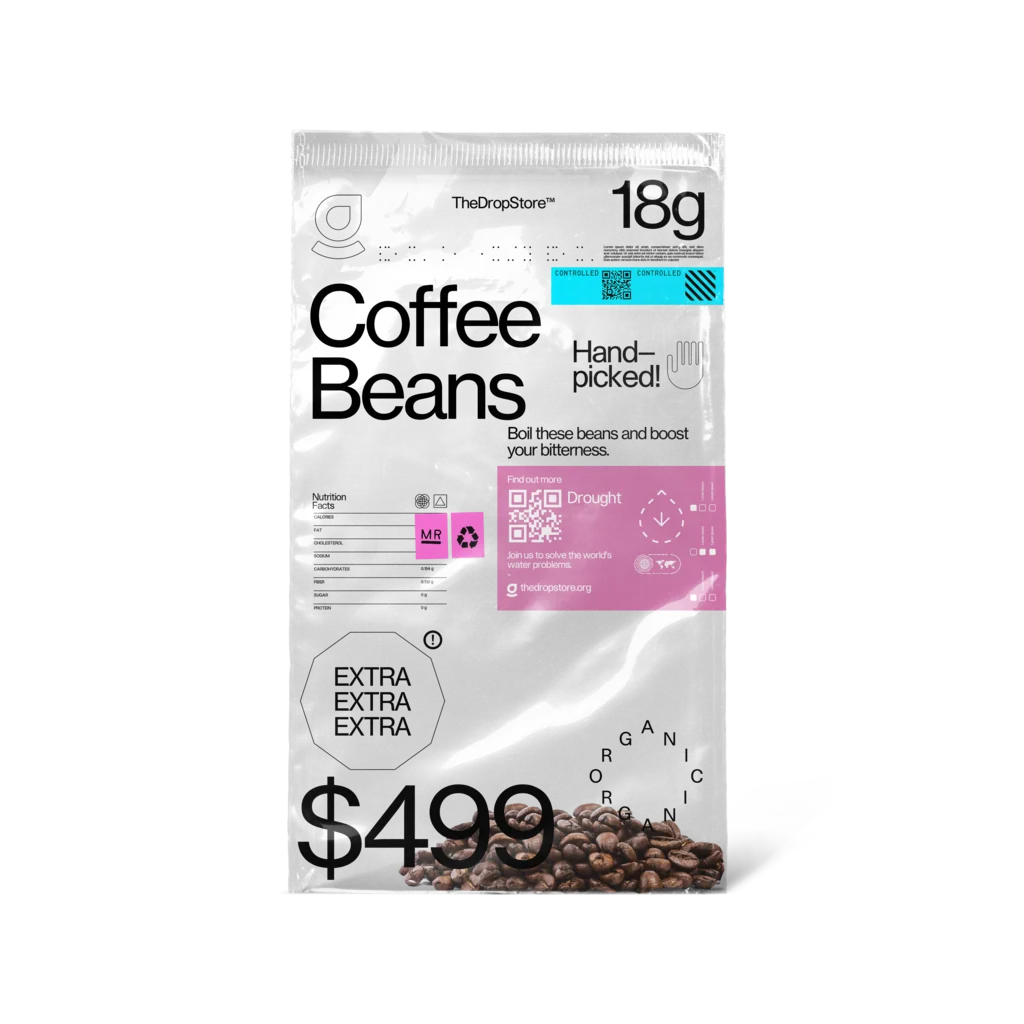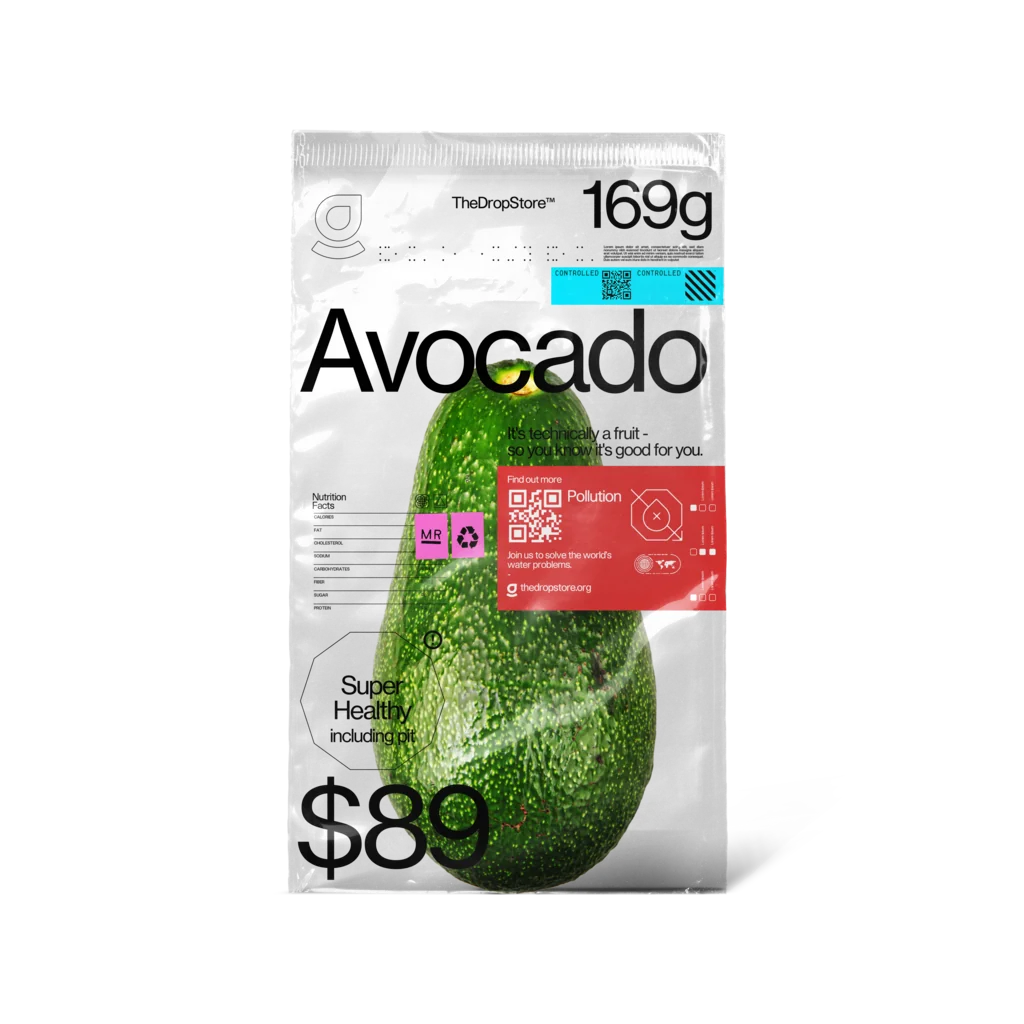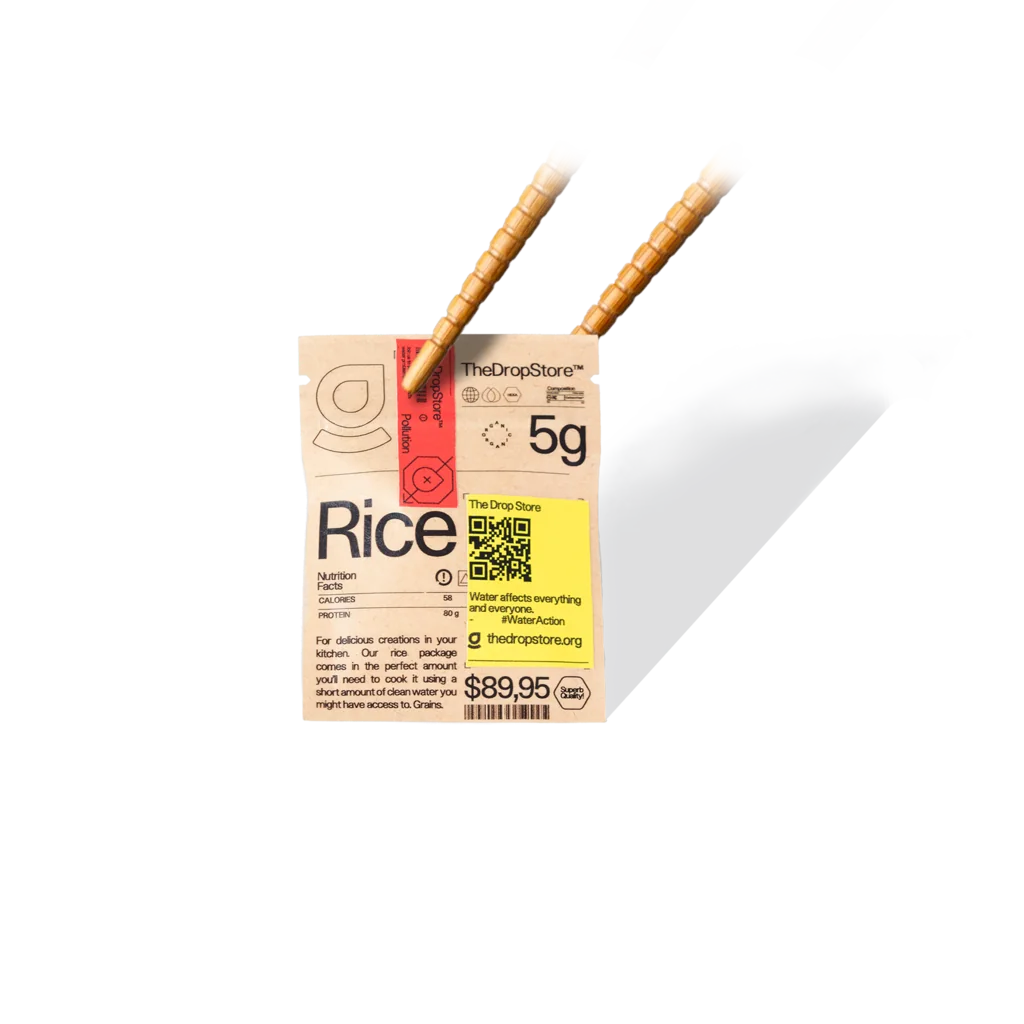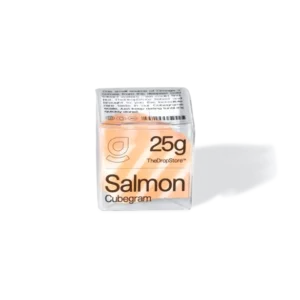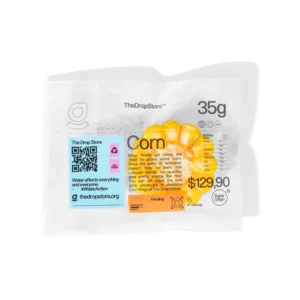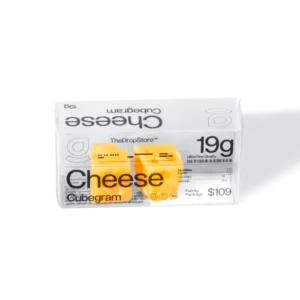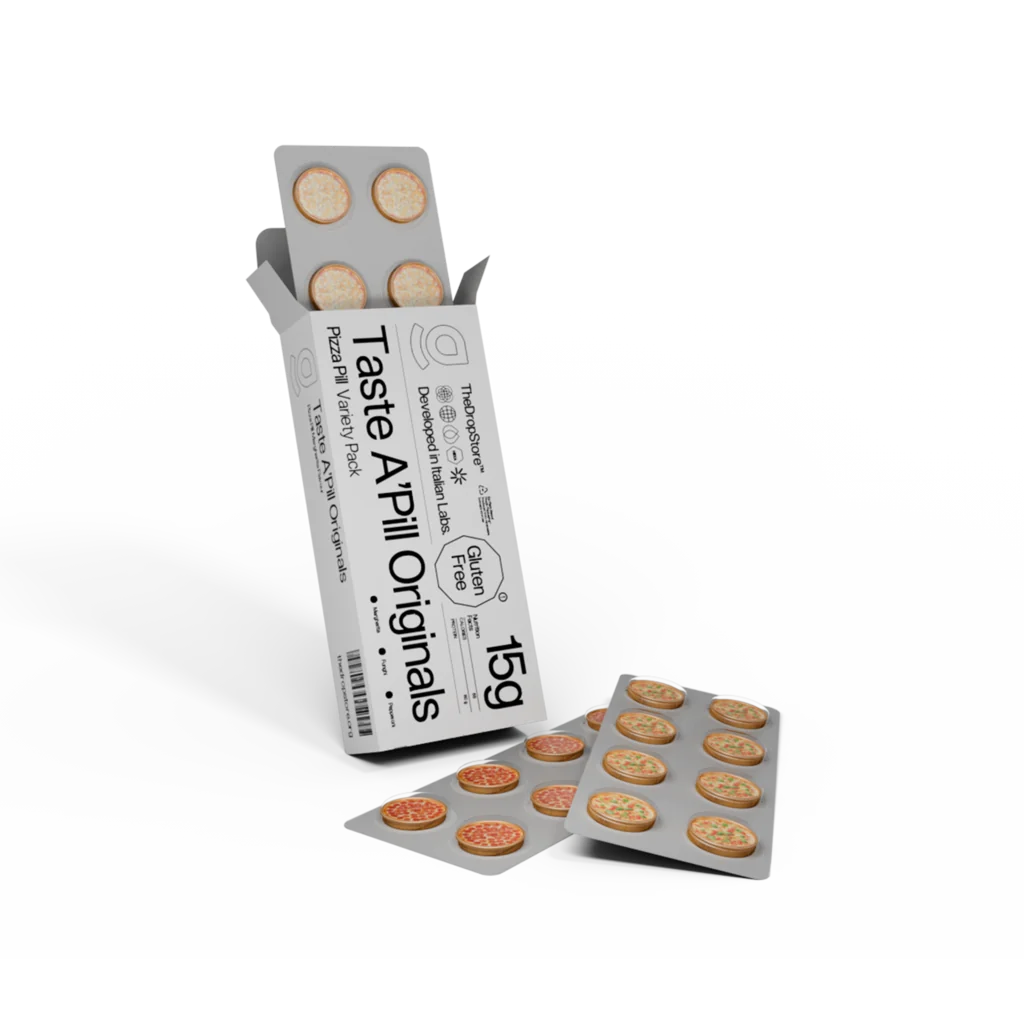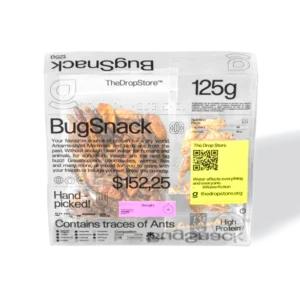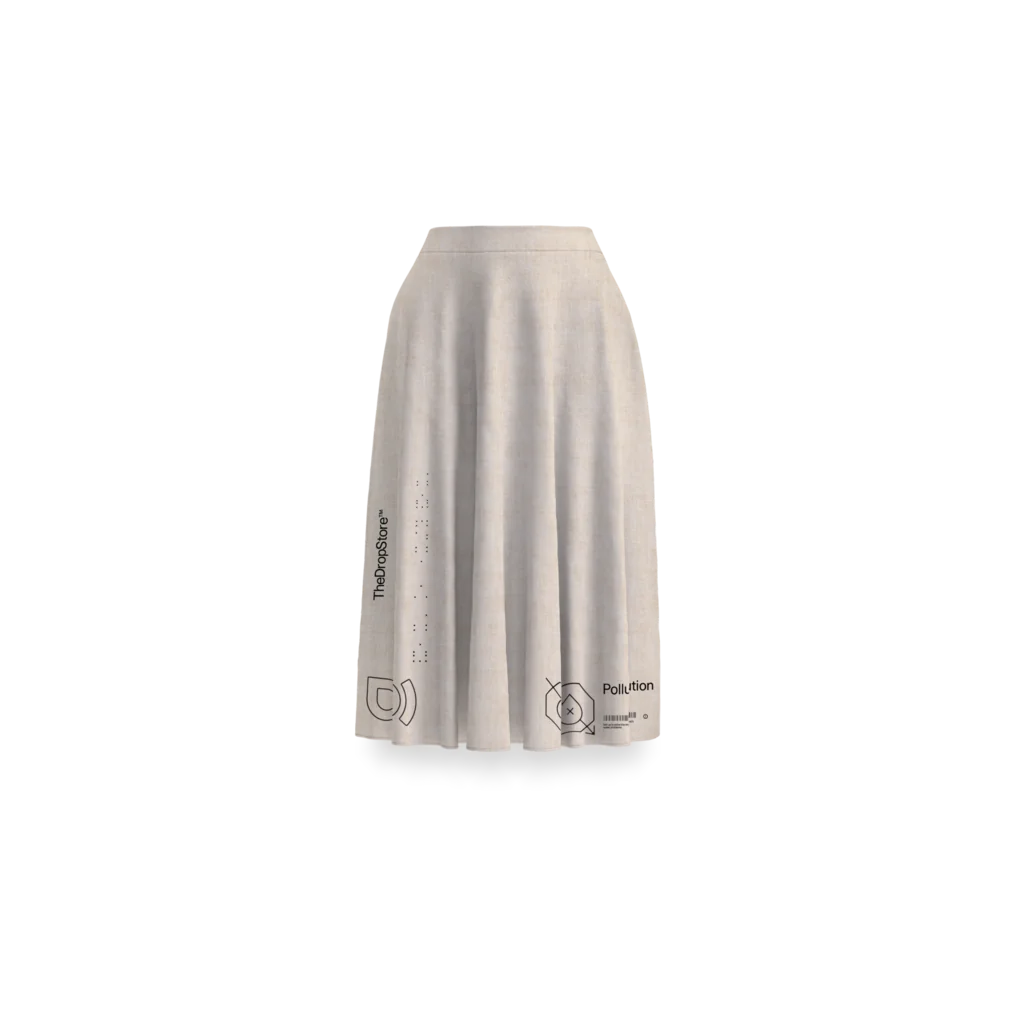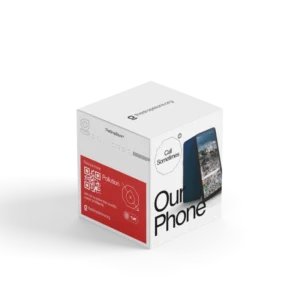ESSENTIALS
Better Bread - 8gr
Better Bread - 8gr
Better Bread - 8gr
Better Bread - 8gr
Better Bread - 8gr
Better Bread - 8gr
Better Bread - 8gr
Better Bread - 8gr
RM239
Max. 1 Slice per Customer
Better Bread - 8gr
RM239
Nice Slice
The greatest invention since sliced bread might have been to wrap and sell it individually. Bite into the convenience of today.*Toppings sold separately.
*This product packaging is made from bio-based materials.
PLASTIC BOTTLE
CONTEXT
460L
TOTAL WATER USED
1827L
RAIN WATER
1279L
SURFACE AND GROUNDWATER
347L
WATER POLLUTION
201L
LOAF OF BREAD (750GR)
460L
SODA
PROCESS
TREES
CHEMICAL PROCESSING
FEED CROPS
DRINKING WATER
SERVICE WATER
FEED MIXIGN WATER
CUP OF COFFEE
WHEAT FLOUR
TOMATO PUREE
MOZZARELLA
FEED PRODUCTION
T-SHIRT
RAW MATERIAL (MINING & PACKAGING)
JEANS
MANUFACTURING
OTHERS
SOURCE
M. M. Mekonnen and A. Y. Hoekstra (2011)
*NOTE
A little slice of
heaven - in individual servings.
@somebody
I bought three of them and made a legendary club sandwich. I had to sell some of my clothes - but it was totally worth it.
Word on the street
@somebody
Get this life-hack: if you slice it through length-wise, you can make two, even thinner slices out of it, that are good for like two whole meals. Wow!
@somebody
I wish I could have way more of this but I guess we can't all live in luxury :(
Why is this bread so expensive?
460L Water
was used to make one loaf of bread
Bread is what you get for free at a restaurant before your meal. But did you know each slice requires about 80 liters of water to grow the wheat required for it? Large-scale wheat production requires heavy fertilizer and pesticide usage, depletes nutrients in the soil, reduces organic matter, and causes soil erosion. All of that is not really beneficial to our water system, though organic-grown wheat seems to be an alternative. So was that free bread really free?
Let's get real
Thanks for checking out The Drop Store. As you might know by now, this product at this price doesn’t exist. Yet. Water challenges concern everybody. Some of us already deal with these challenges every day, while others don't see them yet. If we don't act now, they’ll get worse for everyone. Find out more about what’s happening below, and see how you can get involved in building a better future.
Too much water
Since 2000, flood-related disasters have surged by 134%, inflicting severe social and economic consequences. Floods result in immediate loss of life, property, crops, and livestock. They also lead to health problems like waterborne diseases and malnutrition. Recovery from floods takes months or even years. Additionally, floods harm food production by reducing crop yield, causing soil erosion, and damaging farming infrastructure. They spread pollutants and pose risks to affected communities. Explore our partner organizations for ways to take action.

What can we do about it?
While it's impossible to completely prevent floods, there are several things we can do to mitigate their impact. Our partners strengthen the networks of people, institutions, hardware, investment, and resources that deliver clean water to our taps. They also try to educate as many people on this issue as they can. By sharing this story, you can help tremendously.
You may also like
Web Development
Lorem ipsum dolor sit amet, consectetur adipisicing elit, sed do eiusmod tempor incididunt ut labore et dolore magna aliqua. Ut enim ad minim veniam, quis nostrud exercitation ullamco laboris nisi ut aliquip ex ea commodo consequat.


